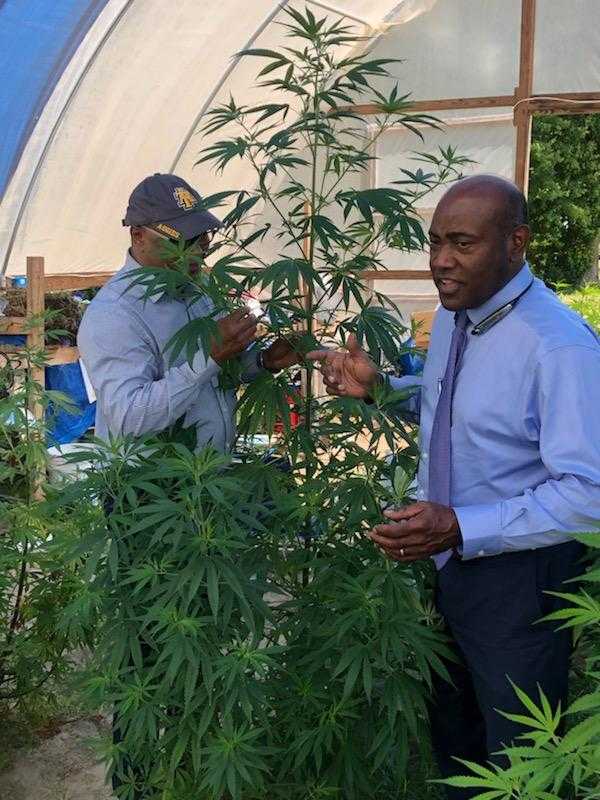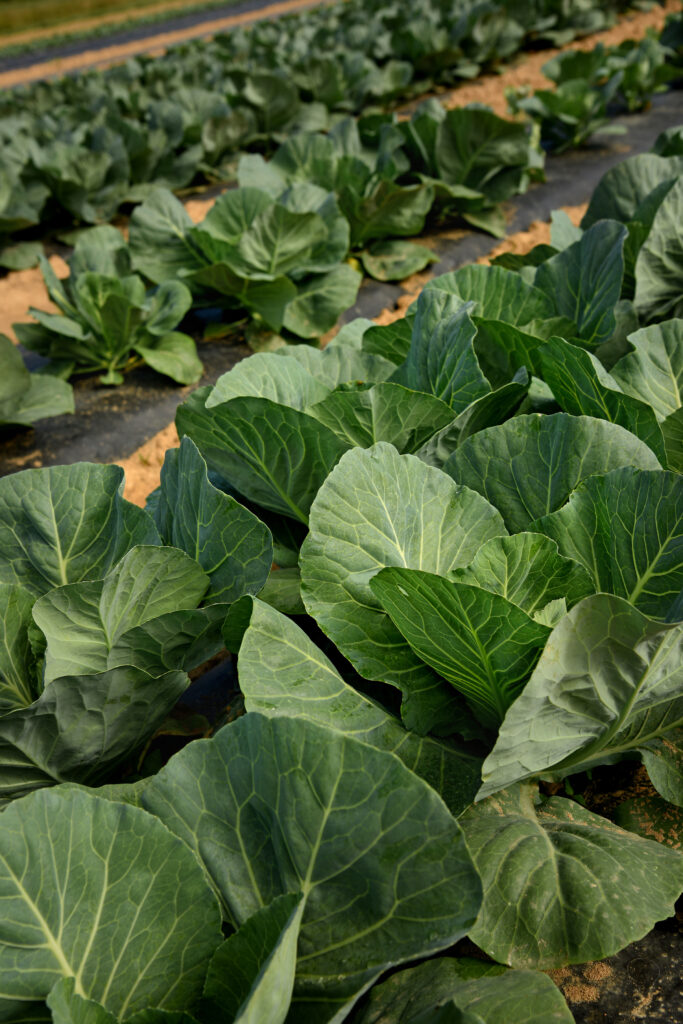A Lifetime of Community Work: A Conversation With Dr. Fletcher Barber, Jr. Ed.D.
go.ncsu.edu/readext?913244
en Español / em Português
El inglés es el idioma de control de esta página. En la medida en que haya algún conflicto entre la traducción al inglés y la traducción, el inglés prevalece.
Al hacer clic en el enlace de traducción se activa un servicio de traducción gratuito para convertir la página al español. Al igual que con cualquier traducción por Internet, la conversión no es sensible al contexto y puede que no traduzca el texto en su significado original. NC State Extension no garantiza la exactitud del texto traducido. Por favor, tenga en cuenta que algunas aplicaciones y/o servicios pueden no funcionar como se espera cuando se traducen.
Português
Inglês é o idioma de controle desta página. Na medida que haja algum conflito entre o texto original em Inglês e a tradução, o Inglês prevalece.
Ao clicar no link de tradução, um serviço gratuito de tradução será ativado para converter a página para o Português. Como em qualquer tradução pela internet, a conversão não é sensivel ao contexto e pode não ocorrer a tradução para o significado orginal. O serviço de Extensão da Carolina do Norte (NC State Extension) não garante a exatidão do texto traduzido. Por favor, observe que algumas funções ou serviços podem não funcionar como esperado após a tradução.
English
English is the controlling language of this page. To the extent there is any conflict between the English text and the translation, English controls.
Clicking on the translation link activates a free translation service to convert the page to Spanish. As with any Internet translation, the conversion is not context-sensitive and may not translate the text to its original meaning. NC State Extension does not guarantee the accuracy of the translated text. Please note that some applications and/or services may not function as expected when translated.
Collapse ▲
Dr. Fletcher Barber, Jr. Ed.D.
Dr. Fletcher Barber has served over 40 years in Extension around the state, and currently serves as the Small Farmer Recruitment Specialist with Cooperative Extension at North Carolina A&T State University. Growing up in the rural community of Trenton in Jones County, Dr. Barber was a child of two Extension agents who encouraged his passion for community work. He currently spends his time working with farming communities in northeastern NC.
As an Extension Professional, Dr. Barber enjoys the role of meeting farmers where they are in their farming practices and introducing them to new farming techniques and technology – but he also likes to learn from the farmer!
“Knowledge transfer is always a two-way conduit,” he explained. Dr. Barber supports black farmers by attending workshops and seminars and conducting field demonstrations to provide them with ideas and business practices that help with on-farm sustainability.
When asked how he sees NC A&T State University and Cooperative Extension supporting black land ownership Dr. Barber shared that the university continues to provide educational programs to meet the needs of the small and disadvantaged farmers. The question growers always ask – “how do I make a profit on my farm land?”, led to the development of the Small Farm Leadership 360 Initiative. “Small and minority farmers in NC face so many challenges,” said Dr. Barber. The goal of this initiative is to increase the knowledge and improve the skills of small farmers in leadership and civic engagement, decision-making, and farming as a business. The hope is to improve the quality of life, sustainability, and success of small and disadvantaged farmers in the Tier One counties in Northeastern NC. It has provided hands-on and in-depth learning experiences that are directly transferable to increase opportunities for success. The program is divided into four modules: Overview of Production Agriculture, Marketing Opportunities for Small Farmers, Introduction to Farm Cooperatives, and Best Practices in Agricultural Production.
NC A&T State University is part of the 1890 Land Grant Institutions and a historically Black University with traditional academic and research divisions but with a greater mission to bring the classroom to the citizens of the state and to share out the discoveries in the labs down to the county level. The university has worked for years with small farmers and co-created educational programs needed to help them become more profitable, one example being the Small Farm Leadership 360 Initiative. NC A&T State University partners with NC State University to form N.C. Cooperative Extension.

Dr. Barber’s View of the Future of Local Foods
“There is a bright future in NC for small farmers who can produce fresh products on a farm of less than five acres,” Dr. Barber said. There is growing interest in where and how food is being produced, pick-your-own operations, on-farm markets, and agritourism. Farmers markets are a great place to educate consumers about products that may be unfamiliar to them and offer new recipes and cooking demonstrations of produce local to North Carolina. “Educating [consumers] brings clarity and transparency to the broader food system which benefits everyone.”
Dr. Barber’s Favorite Place to Buy Local and Favorite Recipes Using Local Food
Dr. Barber loves collards – especially Eastern North Carolina Collards. He has learned how to cook them without meat to be a bit healthier but “people put all kinds of good stuff in their greens like turkey necks, fat back, and ham hocks.” His version has a few simple ingredients but there aren’t any measurements because every batch is a little different, “but they all taste wonderful.”

Collards grow on a farm outside Micaville.
“Get ready by taking a mess of collard greens, chop coarsely and remove the stem. If you don’t have access to collards for some unknown reason, kale works in a pinch. For my family, a mess of greens is about 3 farm-bought bunches, which chop down to a pile the size of a cantaloupe or so. In a large pot, bring some water and a little bit of olive oil to a boil along with a few cloves of minced garlic and black pepper to taste. Add the greens and cover. They’ll be ready in less than 20 minutes, when they’re dark green and tender…of course, you’ll need to sneak a taste from time to time – that’s the fun part.”


